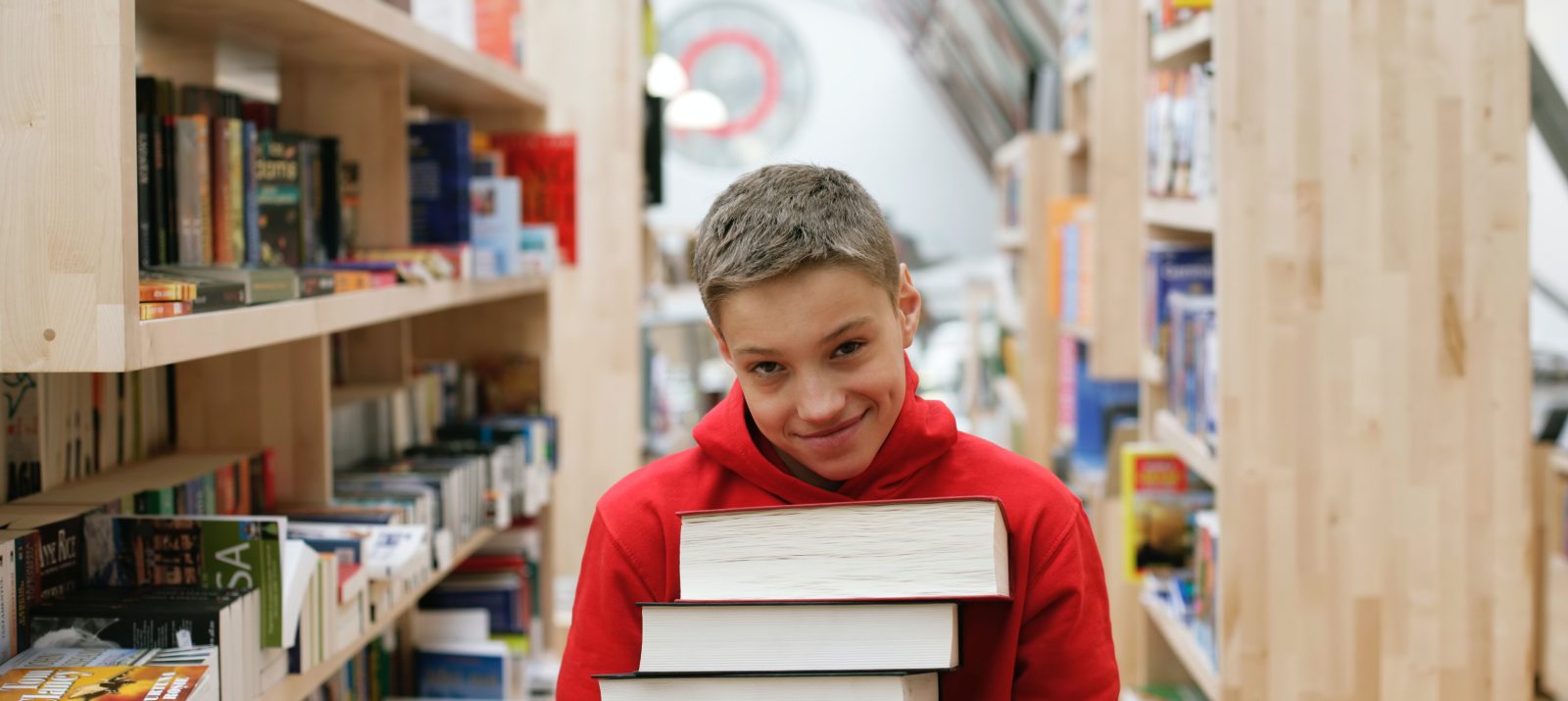
Books and TikTok – how do they fit together? Young people show that it can be done. TikTok has long been more than a platform for colorful dance videos: Young people also use it to find out about current topics – including hot books. There are also people on YouTube and Instagram who share stories about reading and their latest reads.
Reading books seems to be losing importance in the age of social media. However, Booktok’s trend proves that digital and analog media need not be mutually exclusive. Reading also still has its place in the world of young people.
The term Booktok is a combination of the English word for book and the second part of the name of the popular app TikTok. There, mainly female readers share book tips under the hashtag #booktok – far away from bespectacled older gentlemen talking high-toned about literature. The videos are entertaining and appeal to young users. The so-called booktokers particularly enjoy reading books from the romance, fantasy, crime/thriller, and young adult genres.
Publishers and bookstores are now also on TikTok, cranking up their sales in popular genres. Certain books become trendy via Booktok and thus become bestsellers. Some bookstores have their own book tables where the most popular publications are presented.
Reading challenges are also launched. In doing so, TikTokers introduce books on a particular theme, cover, etc.
There is also a large book community on Instagram: Bookstagram. Users exchange more information on books here than on TikTok. In the comments, people talk together about current readings, create reading circles and start so-called buddyreads (joint reading rounds).
It probably all started on YouTube, where reading recommendations can also be found under the hashtag #booktube.
Special apps can help make book reading itself a challenge. How many pages have I read this week? How many books can I finish in a month? They are called GoodReads, Read-O, Bookstats or Booksup – apps that can be used to track one’s reading behavior. Statistics can be shared directly on social media in some cases.
Such apps can motivate people to read more. Through some, users network with each other and write their own reviews. You can read a particular book in a buddyread at the same time and exchange ideas about it. When installing the app, you should pay attention to what other users see and what data the app collects and possibly passes on to third parties.
Publishers use social media and influencers for advertising just like other companies. Even though books and reading are usually seen as positive, you and your child should look closely at what book is being advertised. Not always the opinion of the booktoker and bookstagramer is honest and unbiased, advertising is not always marked. Finally, book purchases can also run into money. Therefore, you should talk with your child about what and how many books really need to buy. Is your child just interested in presenting the book in a video or is he or she really interested in reading?
Use your local library and borrow some books from there. Many libraries have digital access points through which e-books can also be borrowed. An e-reader is also available for check-out at the library.